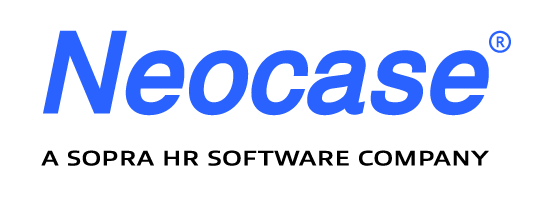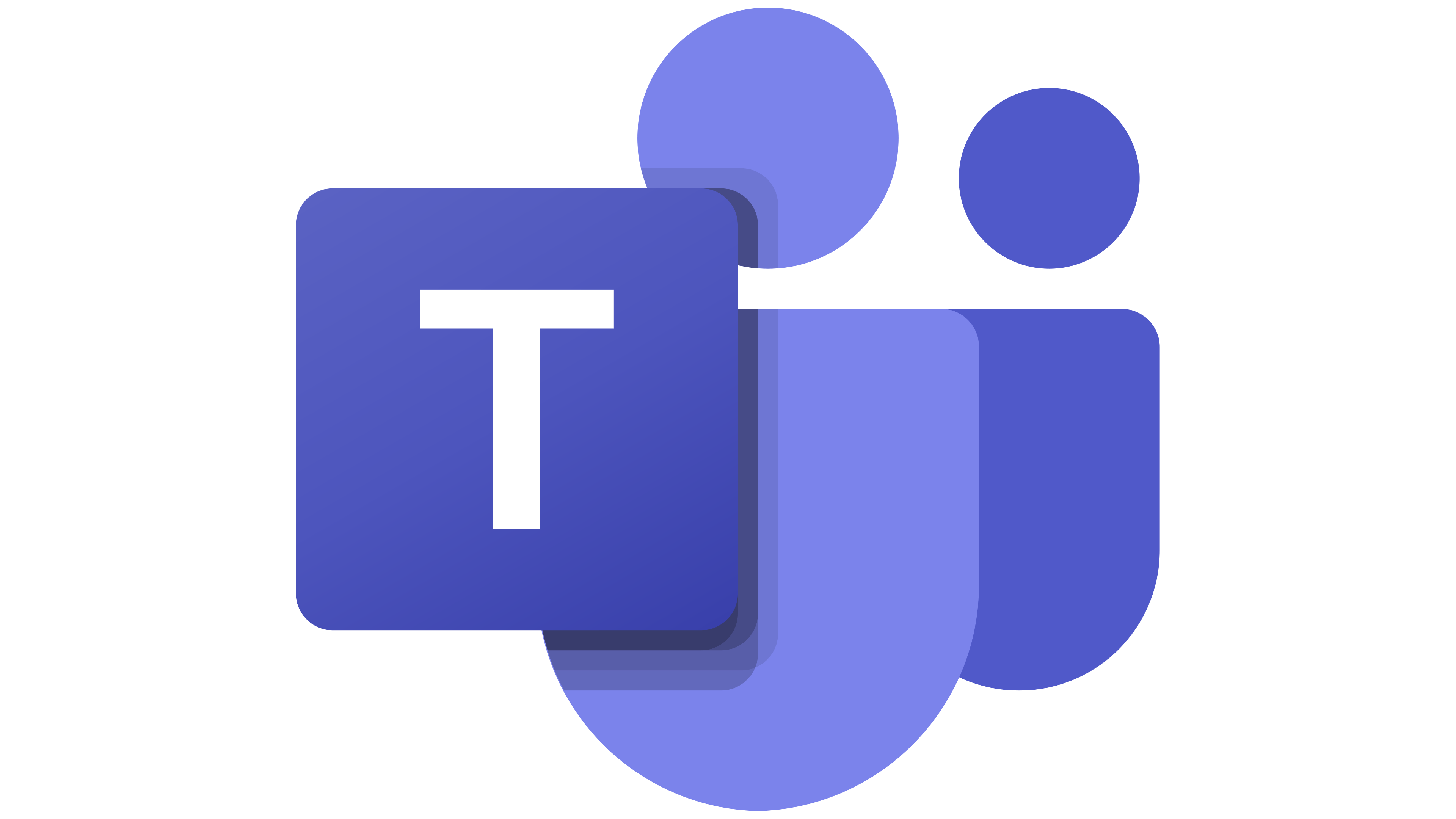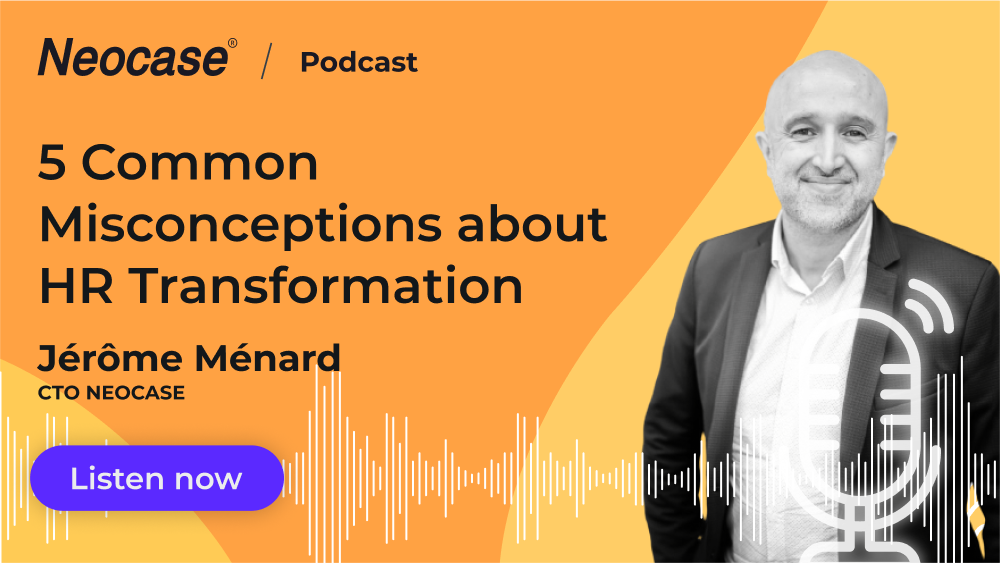Digging into HR Digital Transformation
This article is based on our latest podcast 👇

👉 Discover our latest Podcast - HR Voices on 5 Misconceptions about HR Transformation 👈
This is an innovative time in the HR industry and we've seen a lot of development and change lately as people make a mass transition to remote work. With that, HR digital transformation has become a key driver for success during this transition. Some people are asking if HR transformation is an emerging trend from this past year?
Actually, that is a very common misconception- that HR transformation is a hot, new trend. In fact, HR transformation is a concept that comes from Dave Ulrich's research. Ulrich is a professor, author, and management consultant who is sometimes referred to as "the father of modern HR".
He originally published the Ulrich model over 20 years ago, which is a basis for transforming HR functions. Since then, that has been the foundation for transforming HR and we continue to pull inspiration from those core concepts.
Because of the pandemic, everything has become accelerated as the need for remote accessibility became a primary requirement for many employees.
This concept of HR transformation has been around for quite some time and just now we're witnessing major developments within these new circumstances we find ourselves in all over the world.
What other misconceptions are there surrounding HR transformation? 🤯
To start we can address the fact many people confuse HR transformation with HR digitization.
HR transformation is a group of best practices that allow HR people to focus on supporting company strategy rather than administrative or operational tasks. HR is becoming a Business Partner.
When discussing these best practices, we're focusing on organizational transformation with Shared Service centers that will centralize and optimize the administrative tasks and manage employee’s questions.
HR process standardization needs to be able to have regional or global Shared Service centers with employee and manager Self-service solutions that will reduce the workload at the HR level and will finally allow HR digitization thanks to streamlined and automated processes.
Each of these elements goes into supporting HR transformation. To give a little more context around this, it's important to highlight each of these practices.
Self-service drives what we call tier 0 resolution, which is the capability to manage HR tasks without involving HR. Self-service tools regarding an employee or manager portal, chatbots, or a digital workplace are available 24/7.
It’s a convenient way for people to answer their own questions. You can provide access to automated HR services and populate self-service advanced forms for HR services with corresponding HR processes on topics such as open enrollment, mobility, or remote working requests.
Employees really enjoy this “anytime, anywhere” style of service experience, and HR is happy because they've effectively reduced task volume.
The Shared Service Center (SSC) is a great opportunity to reduce costs and improve employee satisfaction. HR agents dedicated to employee questions can be HR generalists but they have to be “relational” people experts when it comes to employee relationship management.
We frequently see employees coming from customer services with a promotion in HR. They received HR training and are helped by a Knowledge base to get efficient answers without legal risks. This is a great enhancement for employees. These HR generalists are the Tier 1 of the SSC. Tier 2 is composed of experts working on HR operations.
When we talk about HR process standardization, this is a best practice to enable the SSC to be regional or global. It’s complex and inefficient for a regional SSC to manage local processes.
Let’s say that there's a global company that has 10 different onboarding processes, one for each country. The goal with standardization would be to see how that could be reduced from 10 processes to just 1 that can manage local specificities.
Moving on to HR digitization, it's all about streamlined processes and offering a great employee experience. Providing a cloud-based solution that has the power to automate manual tasks such as document generation or data categorization can equate to major costs and time savings for your HR organization. The goal is to cut time on manual and administrative tasks so that HR can get back to strategic initiatives.
The theme here is less time on task. Which leads us to our next point. It's commonly mistaken that HR transformation means people reduction. Not at all. It is people reorganization, meaning rather than spending time on admin and manual tasks, they can now spend their time focusing on organizational strategic tasks like strategic workforce planning, recruitment of talent, talent management, training, or mobility.
What kind of companies would be ideal for taking on HR transformation? 🏙️
Self-service solutions and HR digitization are for all sized companies. Shared Service centers and HR process standardization are for companies located in different countries like small international or large, global companies. We often see it with companies with more than 3000 employees.
Of course, depending on the type of SSC - Local, regional, global, multi-services, or outsourced- there are pros and cons depending on whether you go with a local SSC or a global one. It all depends on your goals, be that cost savings, language diversity, ability to accommodate different time zones, and so on. Whatever you are looking for, there is a solution that can work for you and help your organization achieve HR transformation.
Now more than ever it's vital for HR to have solutions that are flexible and adaptable because we've witnessed a rapid acceleration of HR transformation and to accommodate this, businesses need to be able to pivot quickly in the face of change.
Is HR transformation something that can be implemented quickly? ⌛
People often think that HR transformation is a "big bang" project. It's simpler than that in reality. We can create solutions with agility and release new iterations as you build out your solution. You can set the pace for your HR transformation and grow as needed.
It’s so important for companies to not only grow, but to adapt, and to have the right set of tools that allows them to do that. That is what motivates us here at Neocase, to be able to help HR organizations reach new heights through this type of transformation.
What types of KPIs or metrics are important to keep track of? 📈
There are a few that are critical to keep an eye on such as number of agents per employee, Service quality, employee satisfaction, Service Level Agreements (SLAs), and processing time. These KPIs will give you a good overview of your HR organization and help drive decision-making when it comes time to make changes and improvements to your processes.
Depending on your needs you can develop more KPIs to track those things but those 5 are absolutely essential.
How has HR changed and evolved over the years? 🔄
The biggest thing we’re seeing right now is the transition to remote work and digitization. This was a naturally occurring transition but with the COVID-19 pandemic, things have really sped up.
That’s where Neocase comes in. We’ve been around for almost 20 years, working as HR experts and helping organizations cut costs, save time, and focus more on strategic initiatives with the help of our solution. As the industry evolves, we’ll continue to be ahead of the curve because we’re dedicated to advancing HR technologies and providing a leading solution.
This is such an exciting and innovative time in HR and we’re looking forward to what’s next. Speaking of what’s next, if you enjoyed this article then check out our podcast, the HR Voices Podcast, and listen in as we discuss this topic with Neocase's Co-founder and Chief Product Officer, Jerome Menard.
Want to learn more about how Neocase can help your organization with its HR transformation? Schedule a quick demo with one of our experts!

 Microsoft Teams
Microsoft Teams
 Workday
Workday

